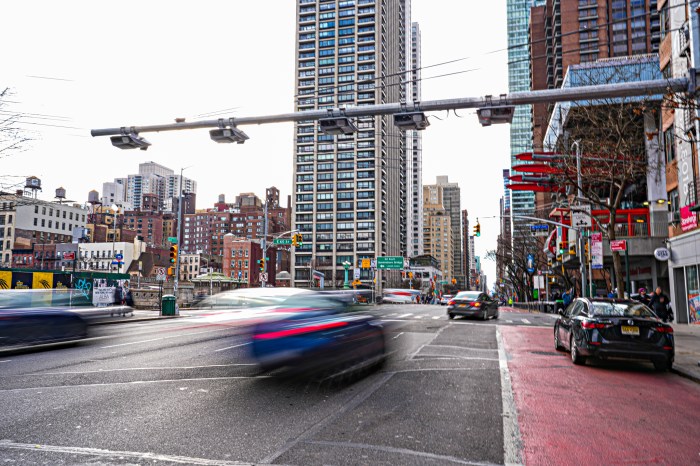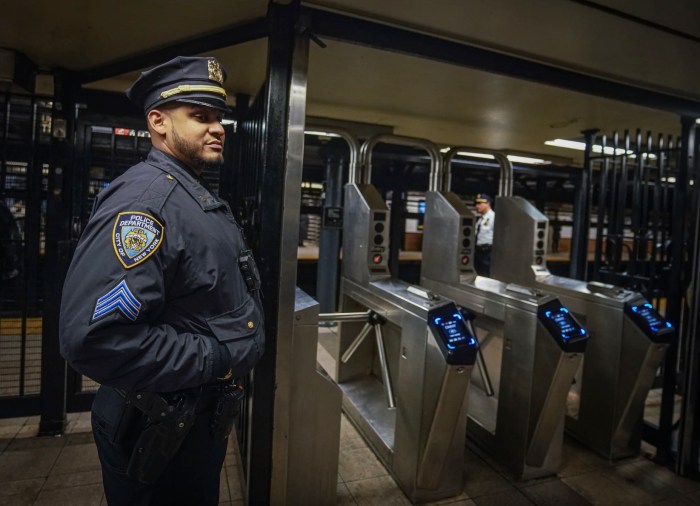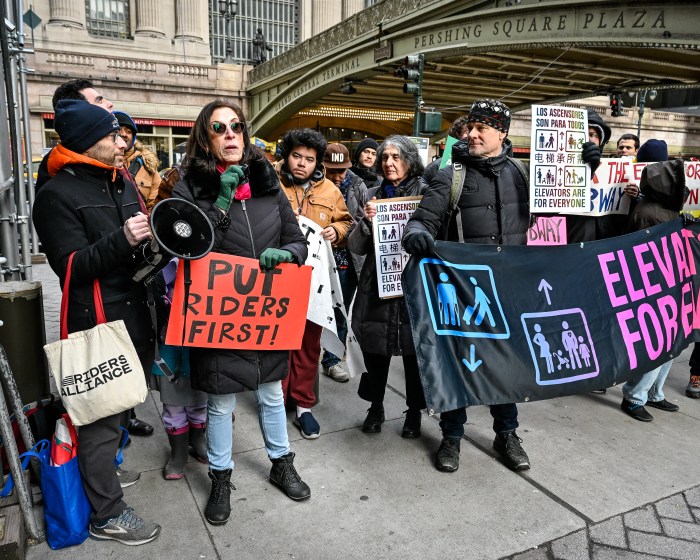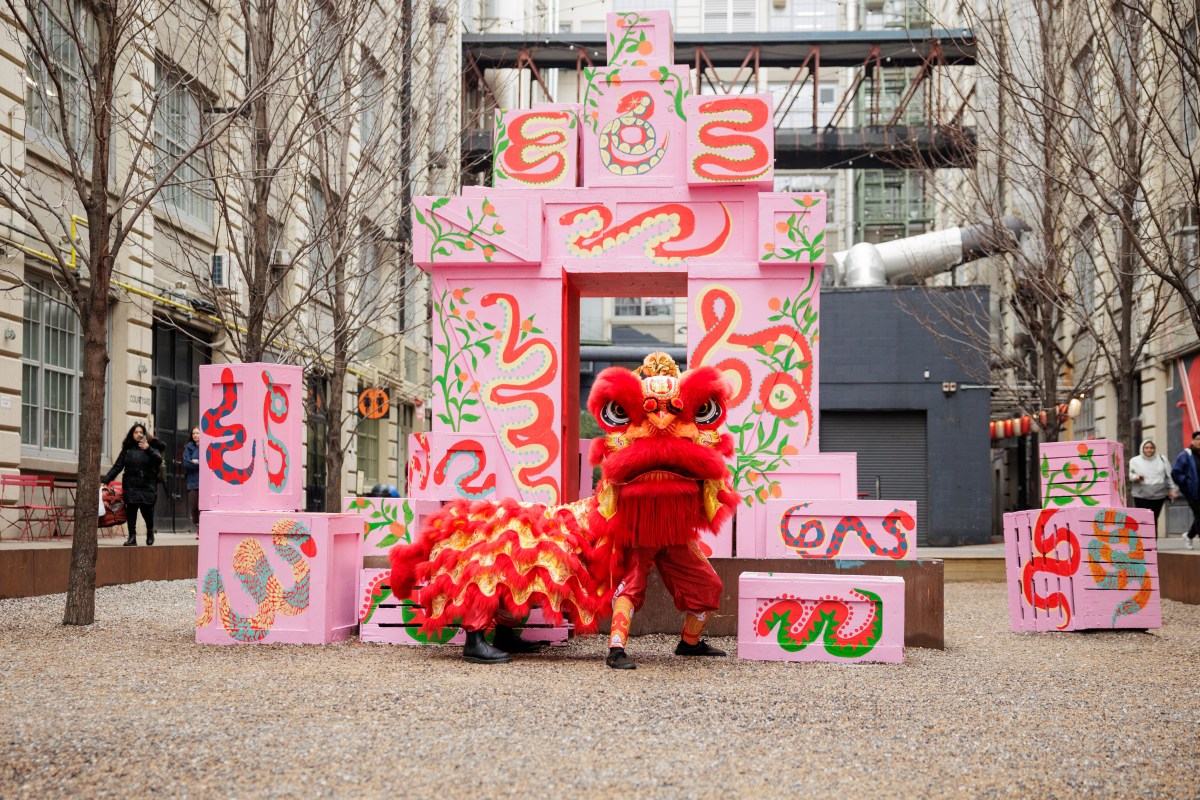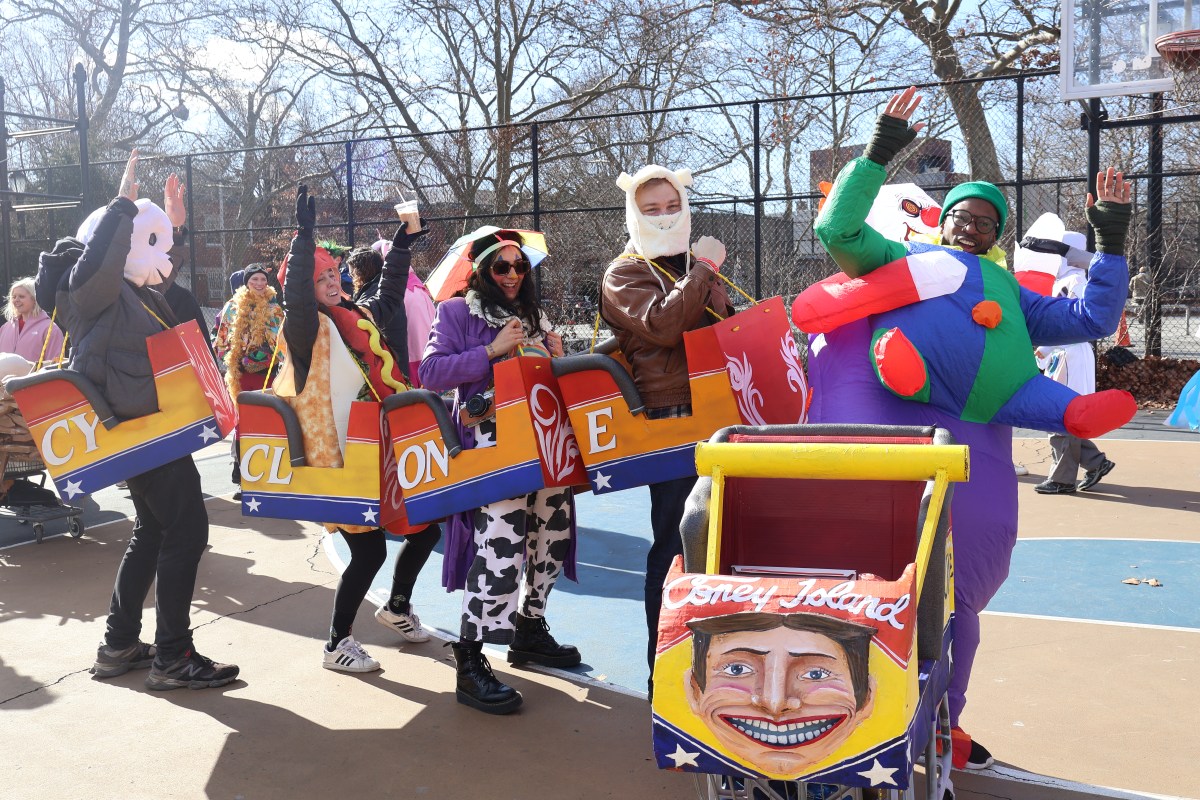Transit agencies across the country are falling into lockstep with the MTA in demanding more federal funding to carry them through the COVID-19 crisis, primarily without digging into capital improvement reserves.
A Tuesday press conference drew leaders from San Francisco’s BART, Metropolitan Atlanta Rapid Transit Authority, NJ Transit and others said they have been pushing their respective congressional delegations to act on their behalf in future stimulus packages.
The MTA has now lost over 100 transit workers to coronavirus and ridership on the subways is down well over 90%. In contrast by numbers alone, NJ Transit has lost 9 employees to the virus, president Kevin Corbett said.
“At the MTA, we’re calling on Congress to provide additional funding of $3.9 billion in addition to the funding received from the CARES Act just the cover the COVID-19 operating deficit at the MTA in 2020, and a total of $10.4 billion to cover the project the projected revenue declines in both 2020 and 2021,” MTA Chair Pat Foye said. “All of our agencies need additional funding streams distributed not by the same old formulas but based on needs stemming from this unprecedented health crisis.”
Bob Powers, General Manager of BART, said the agency he leads is in similar peril with ridership only 7 percent of what it was in February and facing $600 million in the budget deficit, something increased ridership is not going to be able to cover.
While, according to Foye, the MTA’s borrowing has increased “significantly” since the pandemic took hold, he said it was not feasible in the long-run to dig into the capital funding secured to modernize and maintain the system.
“The crisis has brought into extreme clarity the national significance of public transit. It’s also brought into extreme clarity that public transit is the circulatory system of the fightback against COVID-19,” Transport Workers Union International President John Samuelsen said. “Certainly the U.S. government has bailed out Wall Street in the midst of many crises.”
As part of the Transformation Plan, the MTA had planned 2,700 layoffs. But according to Foye, no additional layoffs are in the works as the transit workers continue to suffer disproportionately from COVID-19.
Earlier in the pandemic, the MTA was able to maintain full service with no cutbacks. But after thousands of workers fell ill or went into quarantine, the agency cut service by 30% as Foye describe problems finding enough staff to operate trains.
But the MTA began a new chapter in their fight against COVID-19 last week as, for the first time in the 115 year history of the subways, service has been suspended between 1 a.m. and 5 a.m. for deep cleaning of stations and trains.




